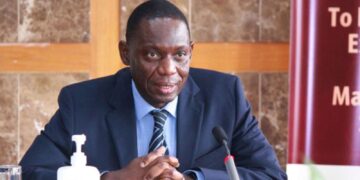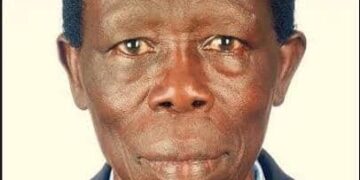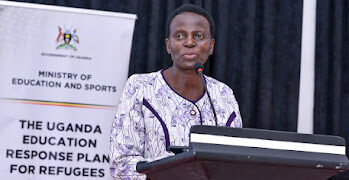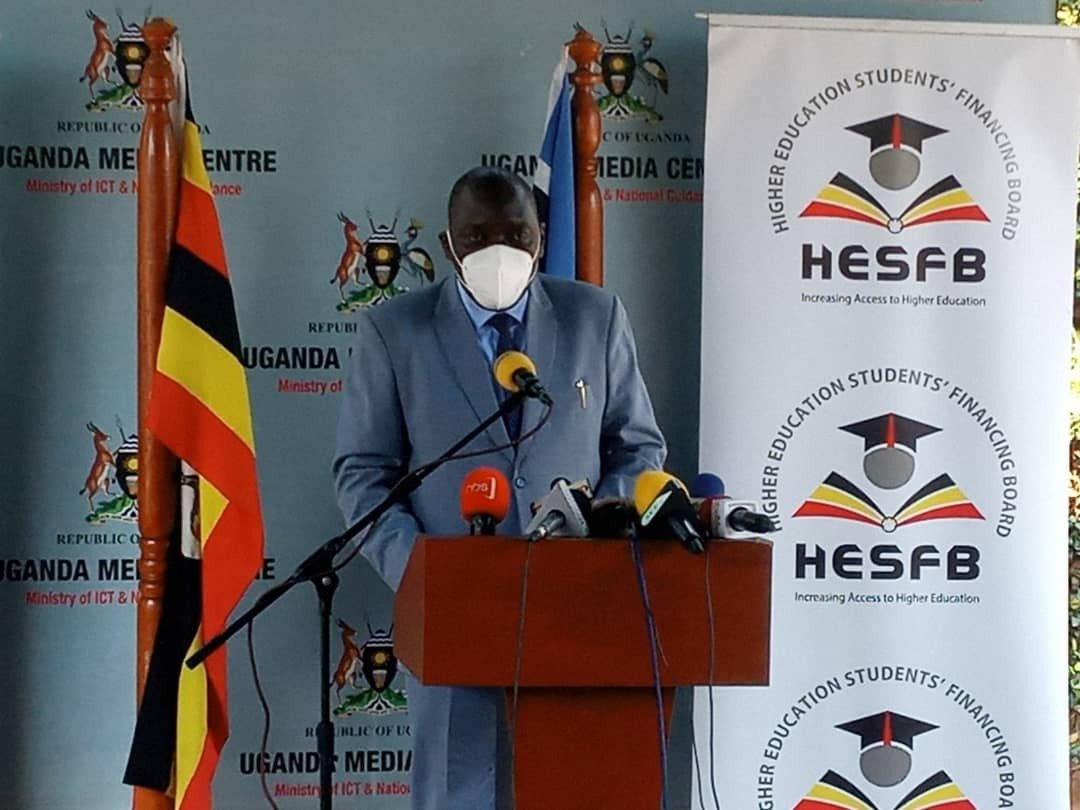By our Reporter
The mood was unpredictable as parliament waited to receive a statement from the education minister on the recently released reviewed education curriculum, as the issue pitted the legislature against the executive like never before.
Security deployment in and around parliament was quite unusual on Thursday, and the tempers were reasonably high as MPs vowed to ‘roast’ the education minister for defying a parliamentary resolution to have the reviewed curriculum halted, until stakeholder consultations are made citing inadequate preparation before the roll-out.
The tough-taking Speaker of the house said the issue was not for joking since it was one for all Ugandans, and therefore must be answered.
And finally, the education minister, who is also the first-lady, appears before the house! The statement was read in total silence up to the last dot.
Hon. Janet Kataha told the house that the review was meant to align the curriculum to the needs of society and to make it relevant to the 21st century. The Minister said that an effective curriculum is supposed to prepare a leaner to be a global citizen both in his/her community and globally. She said, the curriculum will promote effective learning and acquisition of skills, reduce subject and content overload, and allow flexibility to absorb emerging fields of knowledge.
She said government had planned to start the implementation and roll-out of the reviewed lower secondary curriculum last financial year, but the process was postponed to January 2020 partly due to financial constraints. She also said the delay was to enable government adequately prepare for the successful implementation.
The Minister revealed that Subjects like Kiswahili, Physical Education, Religious Education (C.R.E/I.R.E) and Entrepreneurship Education are now compulsory at Senior 1 and 2 only. She said, the first examination of the end of cycle will be conducted in 2023 which means that end-of-term exams are no more. She said this is meant to allow children use all their time to do the actual learning as opposed to simply cramming.
The marks according to the minister’s statement will be captured throughout the 4 years averaged and computed into a score for each individual learner; thereafter, the results will be submitted to UNEB for the overall grading of the learner. All these, will constitute 20% of the learners’ total score at the end of the cycle. The summative assessment of UNEB will be administered at the end of senior four, and it will constitute 80%.
In his response to the statement, Hon Mathias Mpuuga said that the minister has presented a regurgitated statement, but not an explanation on the resolution of Parliament that halted the implementation of the lower school curriculum.
Hon. Ssemuju Nganda said the minister did not satisfactorily explain why the ministry did not implement the resolution of parliament which suspended the proposed curriculum.
The Speaker Rebecca Kadaga ruled that the minister has responded as required, and that a seminar will be organized to provide more information as the roll out continues. Issue sorted.








































